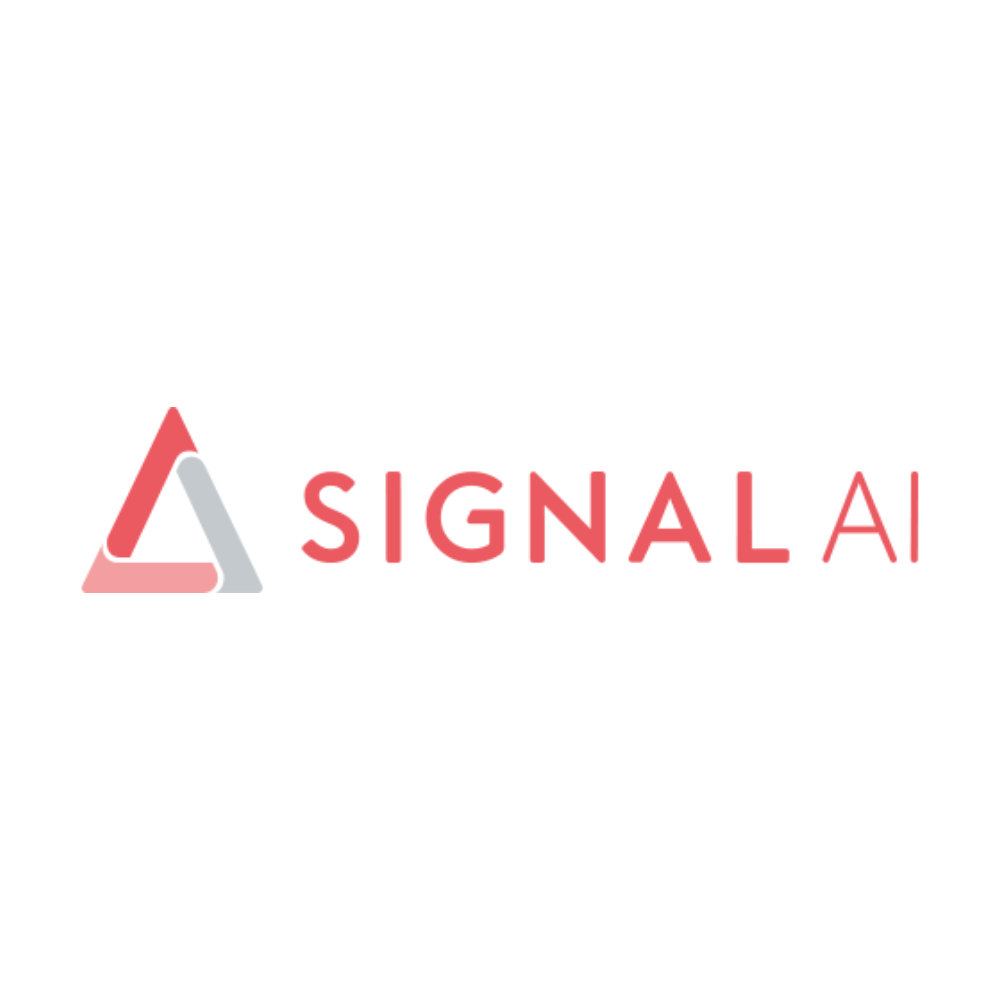Interactive Crisis Wargame
Unlike anything you’ve ever experienced, Signal AI has created a crisis simulation that will keep you on your toes. When crisis strikes it is time for PR & Comms professionals to shine - but are you prepared to respond at a moment's notice? Navigate your way through a media crisis and find out if you have what it takes to survive. Leverage technology and media intelligence to gain actionable insights – before it’s too late.
Louis Cointepas, Vice President, Signal AI
Where’s the Reputation Risk in a Post-COVID World?
Taking stock of what’s changed and what’s the same after an unprecedented year for communicators. This session will focus on strategies and tools for identifying and mitigating reputation risk in 2021 and beyond.
Alex Armentano, Vice President, Edelman
Managing a Cyber Crisis: Readiness, Response & Recovery
Cybercrime has changed the rules of crisis communications.Breached networks, copied emails, stolen customer data and other cyber incidents have become part of our daily lives. In 2019 alone, 78% of organizations in the US have experienced a cyber attack and the average cost of a data breach was US$ 7.2 million. In this session, Piers will help you understand how cyber incidents can affect your company’s reputation, but most importantly, what you need to do to stay prepared.
Piers Schreiber, Head of Corporate Affairs, Global, British Telecom
Lunch Break
Leaning into Change: Case Study by Medtronic
In this session Eileen will share with you how Medtronic ramped up production of hospital ventilators in a very short period of time to meet global demand. You will also go behind the story of facing a global, humanitarian challenge by leading with purpose and breaking down barriers to innovation to guide the way forward.
Eileen Sheil, Vice President Communications, Medtronic
Follow the Data: Communicating Effectively During a Crisis
The COVID-19 crisis re-emphasized the importance of data when responding to a crisis. Typically, whether in crisis or peace time, monitoring across traditional and digital channels should be prioritized to close the loop and inform communications strategies. However, with the COVID-19 crisis, the magnitude, rapid spread of misinformation/disinformation and changing information, it was critical for communicators to pay attention to the data insights to ensure that messages are responsive to the needs of key target audiences.
In this session, Ukwori will highlight how the data monitoring system informed communications strategy for the health response to COVID-19 in Nigeria, tools used for collecting the data, challenges faced and recommendations for the future.
Ukwori Ejibe, Communications Consultant, Former COVID-19 Crisis Communications Lead, Tony Blair Institute for Global Change
Short Break
Cancel Culture: The Good, The Bad and the Ugly
If getting cancelled isn’t part of your crisis planning, it needs to be. In a world where outrage travels fast and missteps lead to mob mentality, the list of brands and individuals facing 'cancel culture' backlash grows longer by the day. Consumers are demanding more transparency and social purpose from organizations than ever before, but getting it wrong can have serious consequences. And while managing brands in the age of cancel culture is uncharted territory, addressing calls for accountability has become mission-critical for any public relations strategy to succeed.
In this session, Kathryn Kolaczek will lead a deep dive into:
- The rise of the cancel culture phenomenon – online and in the real world
- The dangers of 'woke-washing' and tone-deaf activism
- How brands can protect themselves from being #cancelled
- Brand and reputation management strategies in the age of cancel culture
- The way forward: shifting from a cancel culture to an accountable culture
Kathryn Kolaczek, CEO, Alchemy Communications
Crisis Communications -- Six Rules for Managing Emerging Issues at Your Organization
One poorly managed issue or incident can quickly and thoroughly threaten the reputation of any higher education institution. But many colleges and universities do not invest the necessary time and resources to plan for existential crises and other emergencies, hoping instead that they will somehow be lucky enough to escape the inevitable.
Fortunately, there are steps that any organization can take to be better prepared. Greg's presentation will outline six practical rules that will enable communicators to anticipate, manage and deal with the aftermath of crises.
Greg Trevor, Associate Vice President for Marketing & Communications, University of Georgia
End of Day One
An All - New Crisis Communications Workshop with Donald Steel:
Crisis Communications: How Successful Organisations Get it Right
The P World's Crisis Communications Bootcamp returns with an all-new edition of the hugely popular and fully interactive crisis communications workshop.
The crisis scenario begins at the start. Delegates will be divided into virtual groups to discuss a developing scenario and make decisions on how to communicate. You will discuss ideas - but the clock is ticking.
This will be interspersed by discussion on crisis where people got it right. Why? Together we will look for keys to positive crisis communications.
The workshop is time out of the day job to to focus on how to be a success in a crisis, including:
- Speed. How can we prepare in advance to overcome organisational inertia in an emergency?
- Regaining control of the crisis narrative through messaging skills
- Preparing your social media teams to get it quick, but get it right
- Preparing your executives for the crisis interview
- Dealing with aggression from the media
It is all about preparation and rehearsal. At the end of the workshop, you will return to your organisation with a “to do” list to tune up your crisis communications plan to meet the demands of the “always on” era.
Crisis exercise part 1 - using social media to seize the narrative
Introductions and group discussion.
Why did some organisations get it right in a crisis? We will share our views together on specific cases.
Lunch Break
Crisis exercise part 2 - the crisis statement and interview Each group will nominate a member to play the CEO to give a video statement or be interviewed. The other delegates will prepare them for the task.
Short Break
Crisis exercise part 3 - the press conference. One group will be assigned the task of playing the company executives. The others will play journalists. Through this exercise we will learn how we can prepare our executives for this key moment. As in real life, anything can be asked, and anything can happen
Closing discussion and summary
End of Workshop





